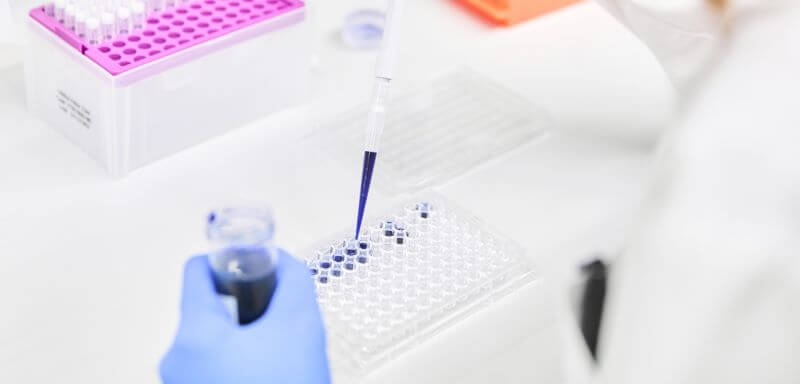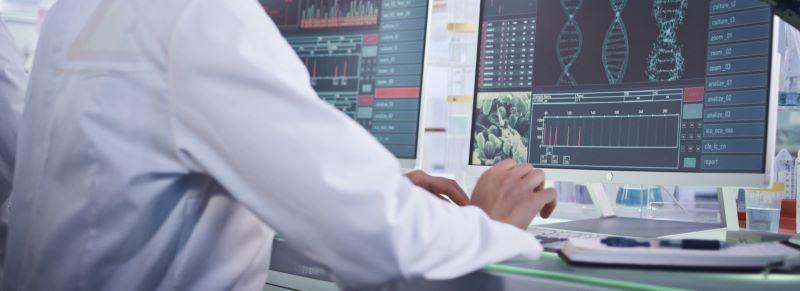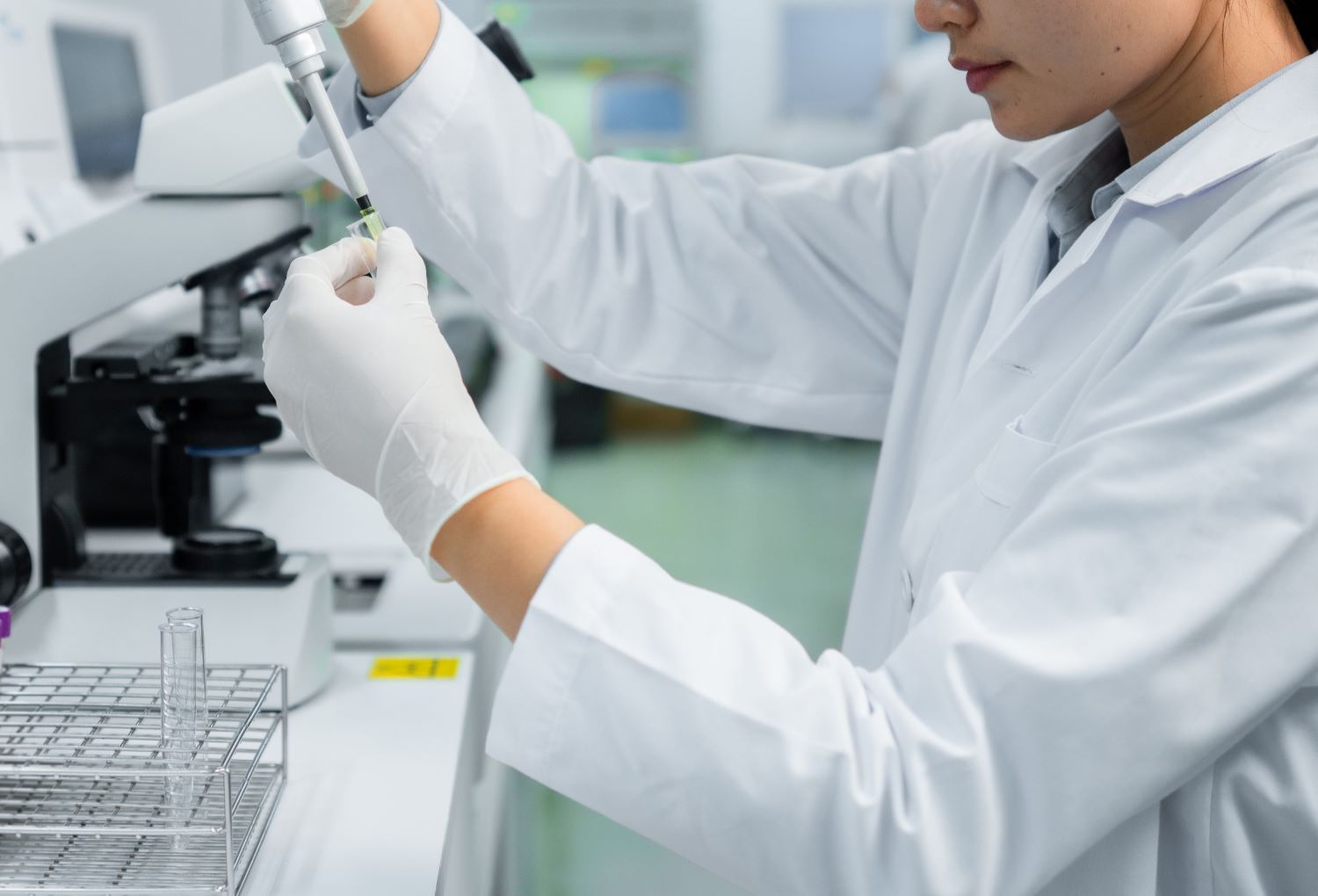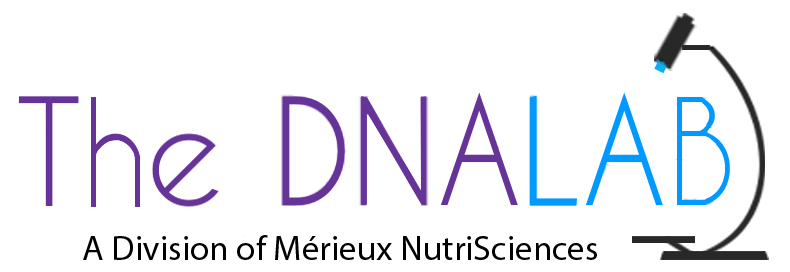DNA testing is a deeply personal and emotional process, yet not all providers prioritize the same standards for data privacy or accuracy. This oversight can lead to incorrect or incomplete results, increased stress, and even potential exposure of sensitive genetic information. The implications can be significant, affecting life-changing decisions and personal security.
Understanding the importance of DNA testing data privacy and accuracy can help you make informed choices about where to turn for reliable results. In this article, we’ll explore the critical elements of accuracy and privacy in DNA testing and what to look for in a trustworthy provider.
Avoiding DNA Testing Accuracy Pitfalls

DNA testing is a highly sensitive process where errors can lead to serious consequences. Past controversies, such as those involving companies like Accumetrics, have highlighted the risks of inaccurate testing. These situations often leave individuals questioning their results and the processes used to achieve them.
Inaccurate results can affect important life decisions, from discovering biological relationships to understanding health risks. Imagine receiving life-changing news, only to later realize it’s inaccurate.
To ensure reliable outcomes, DNA testing must adhere to rigorous scientific standards. Accreditation by recognized organizations like the Standards Council of Canada (SCC) is one indicator of quality. By seeking out providers who maintain strict protocols, you can reduce uncertainty and gain confidence in the results.
Did You Know? Our lab is SCC-accredited, ensuring that our testing meets the highest scientific standards.
Why Data Privacy is Paramount

DNA data is incredibly personal, and labs should always protect it. However, major companies have faced security breaches and data privacy risks. However, large-scale companies have often been at the center of debates about data privacy, including concerns over how genetic information is stored, shared, or sold.
Privacy Risks with Larger DNA Companies
Incidents like the widely discussed potential sale of 23andMe data show the importance of choosing a provider that values privacy.
If your DNA test results are sold to a third party, your genetic data can be exploited in ways you can’t control. This has sparked consumer privacy concerns, highlighting a critical issue many large DNA testing companies face.
Pro Tip: When selecting a DNA testing provider, understanding their privacy policies and data-handling practices is essential. Look for those that comply with strict national or local privacy laws, have secure storage systems, and prioritize keeping data within controlled jurisdictions.
Did You Know? We keep your data within Canada, and ensure it complies with Canadian privacy laws. Our staff undergo enhanced RCMP security clearances to provide top-level confidentiality. Importantly, we never sell or share your data because your trust is our priority.
A Trusted Process for Legal and Immigration Cases

DNA testing must meet specific procedural and regulatory requirements for legal or immigration purposes. Accuracy in these cases is vital, as the results can have significant implications for family reunification, legal disputes, or citizenship applications.
Working with a provider experienced in legal and immigration testing ensures the process follows the necessary standards. From proper chain-of-custody protocols to precise sample collection methods, these safeguards help deliver trustworthy results.
How to Identify a Secure and Accurate DNA Testing Process

Choosing a secure and accurate DNA testing provider involves understanding their approach to confidentiality and reliability. Here are 3 key steps in a trusted process:
- Speak with a Representative: Contact the company and discuss your needs with an expert, whether for personal, legal, or immigration purposes, to ensure the right testing service is selected.
- Sample Collection: Ensure sample collection follows strict protocols through accredited third-party services, maintaining chain-of-custody requirements.
- Result Delivery: Look for providers who offer secure, confidential delivery of results to protect sensitive information.
Each step should prioritize privacy and accuracy, giving you confidence in both the process and the outcome.
If you’re ready to take the next step, purchase a non-legal Home DNA test online from The DNA Lab, or contact our experts for guidance on a case for Legal or Immigration purposes. Your decisions deserve the best support possible that comes with working with Canada’s most experienced private DNA laboratory.




